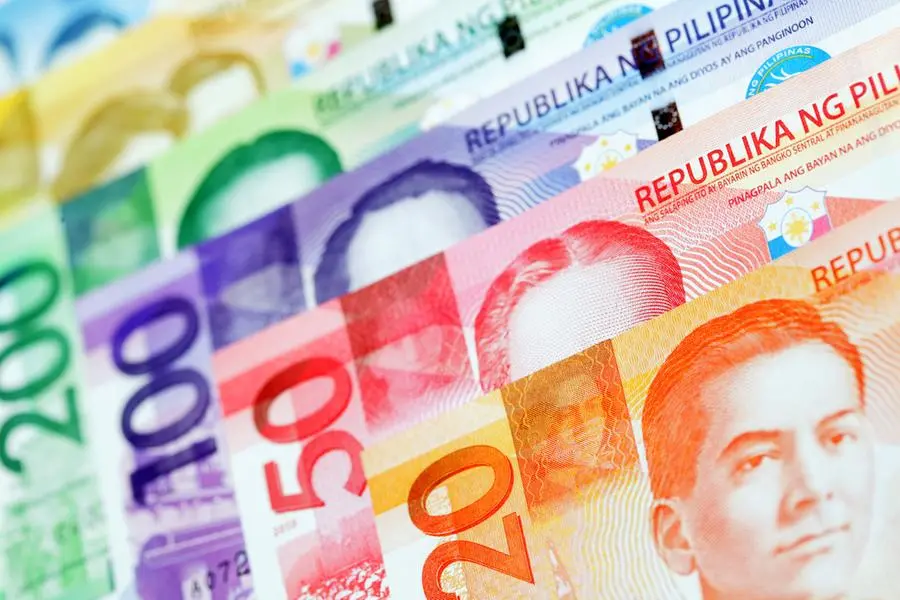PHOTO
The Philippines' debt service burden fell to $5.62 billion from January to May amid the double-digit decline in principal payments.
Preliminary data released by the Bangko Sentral ng Pilipinas (BSP) showed the country's debt service burden was 14.8 percent lower than the $6.59 billion recorded in the same period last year.
This translated to a lower debt service burden to gross domestic product (GDP) ratio of three percent in end-May from 4.3 percent in the comparable year-ago period.
The national government borrows heavily from foreign and domestic creditors to finance the country's budget deficit as it spends more than what it actually earns.
During the five-month period, principal payments dropped by 37.1 percent to $2.41 billion from last year's $3.83 billion.
On the other hand, interest payments reached $3.21 billion in end-May, 19.9 percent higher than the $2.674 billion recorded in end-May last year.
The debt service burden represents principal and interest payments after rescheduling. It consists of principal and interest payments on fixed medium and long-term credits, including International Monetary Fund credits, loans covered by the Paris Club, and commercial banks' rescheduling and new money facilities.
It also includes interest payments on fixed and revolving short-term liabilities of banks and non-banks, excluding prepayments on future years' maturities of foreign loans and principal payments on fixed and revolving short-term liabilities of banks and non-banks.
The foreign obligations of the Philippines increased by 8.3 percent to $128.69 billion in the first quarter from $118.81 billion a year ago due to higher borrowings by the national government and the private sector.
Of the total amount, the public sector debt rose by five percent to $78.9 billion from $75.16 billion, while that of the private sector climbed by 12.3 percent to $49.79 billion from $43.65 billion.
Major creditor countries include Japan, the United Kingdom and the Netherlands.
Copyright © 2022 PhilSTAR Daily, Inc Provided by SyndiGate Media Inc. (Syndigate.info).





















